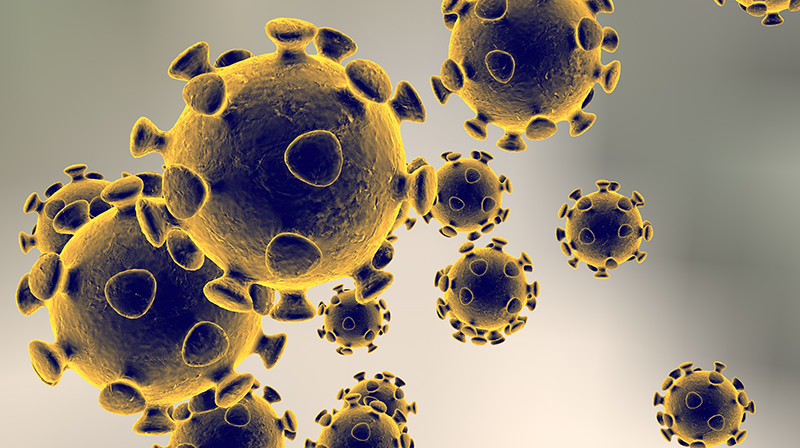Coronavirus – update for VCC students and employees
Posted on January 31, 2020
Updated Friday, Jan. 31, 2020
B.C.’s provincial health officer (PHO) Dr. Bonnie Henry announced on Tuesday, Jan. 28, that the first case of novel coronavirus (2019-nCoV) has been confirmed (open in new tab) in B.C.
At Vancouver Community College (VCC), we understand that our students, faculty, and staff may have questions and concerns about novel coronavirus.
When it comes to decisions about public health, B.C. colleges and universities take their direction from the Ministry of Health and local health authorities. These organizations are closely monitoring novel coronavirus throughout B.C. as well as nationally and internationally. VCC is in regular communication with these health authorities, and all precautions are being taken to prevent the spread of infection. We will also make every effort to keep VCC students and employees safe and provide updates as they become available.
Official information sources
Please be mindful that fake news regarding novel coronavirus has begun to circulate on social media. At VCC, we encourage students, staff, and their families to refer to the BC Centre for Disease Control (open in new tab) (BCCDC) website for the latest information and updates.
Additional resources have been provided to HealthLink BC’s free-of-charge health information line, 8-1-1. This line is in operation 24/7.
The Public Health Agency of Canada (PHAC) has also provided a new toll-free number, 1.833.784.4397, to answer questions about novel coronavirus. This line is available from 5 a.m. to 9 p.m. (PDT).
Reducing risk
The BCCDC and Dr. Henry recommend reducing risk of exposure to novel coronavirus using the same measures normally taken to prevent the spread of cold or flu viruses.
- Wash your hands frequently. It is the single most effective way of reducing the spread of infection. E.g. If you touch droplets containing a virus, as long as you clean your hands before you touch your face or your mouth, you are not at risk of getting the virus in your body.
- Do not touch your face/eyes/nose/mouth with your hands.
- Cover your mouth and nose when you sneeze or cough (ideally with a disposable tissue or the crease of your elbow). The virus is not something that enters the body through the skin. It needs to get into your lungs and access your mucous membranes.
- Clean and disinfect frequently touched workspace surfaces.
- Maintain good general health. Eat a balanced diet, get enough sleep, exercise in moderation.
- Stay away from others if you are sick. Stay home from work or school, and contact your health care provider so you can be safely assessed.
Advice on masks
- Be aware that masks may give people a false sense of security and limit other good hygiene habits.
- Wearing a mask may increase touching of your face/eyes/nose/mouth with your hands.
- If you are sick, a mask does help prevent transmission to other people. That's why somebody with a cough or respiratory symptoms is asked to wear a mask and clean their hands when entering an emergency room.
Considering travel?
- If you are considering travel to and from a region affected by coronavirus, please consult the Government of Canada’s Travel Health Notices regularly as recommendations may change as new information becomes available.
- No matter where you plan to travel, the Public Health Agency recommends consulting the Government of Canada’s Travel and Tourism website to help make informed decisions about safety abroad.
- If you become ill after returning to Canada, contact your health care provider immediately to seek care and inform them about your travel history.
________________________________________
| Visit the BC Centre for Disease Control website > |
COVID-19 EMERGENCY BURSARY FUND
Help students meet basic needs during COVID-19
Donate Now Donate Nowhttps://www.vcc.ca/makeagift
